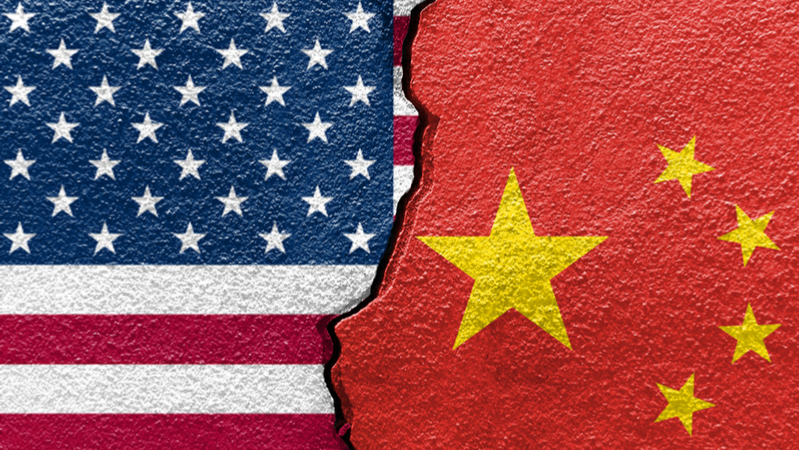
The Treasury Department on Monday evening issued its final rule to block U.S. private sector investments in China that involve hot-button technologies including AI, quantum, and semiconductors.
The final rule – which goes into effect Jan. 2, 2025 – sets forth regulations that would implement President Biden’s August 2023 executive order on Addressing United States Investments in Certain National Security Technologies and Products in Countries of Concern, and follows an “extensive and thorough” rulemaking process.
The order directs the secretary of the Treasury to enforce regulations that prohibit U.S. persons from engaging in certain transactions involving specific technologies and products that pose a “particularly acute national security threat to the United States”; and require U.S. persons to notify Treasury of certain other transactions involving specific technologies and products that may contribute to the threat to the national security of the United States.
The order identifies three categories of national security technologies and products to be covered by the rule: semiconductors and microelectronics; quantum information technologies; and AI.
“The Biden-Harris Administration is committed to protecting America’s national security and keeping critical advanced technologies out of the hands of those who may use them to threaten our national security,” said Assistant Secretary for Investment Security Paul Rosen.
“Artificial intelligence, semiconductors, and quantum technologies are fundamental to the development of the next generation of military, surveillance, intelligence and certain cybersecurity applications like cutting-edge code-breaking computer systems or next generation fighter jets,” he said.
“This Final Rule takes targeted and concrete measures to ensure that U.S. investment is not exploited to advance the development of key technologies by those who may use them to threaten our national security,” said Rosen. “U.S. investments, including the intangible benefits like managerial assistance and access to investment and talent networks that often accompany such capital flows, must not be used to help countries of concern develop their military, intelligence, and cyber capabilities.”
President Biden’s executive order only identified one country of concern: China.
The final rule builds on Treasury’s July 2024 Notice of Proposed Rulemaking (NPRM). Treasury invited comments on the NPRM, and said that it carefully considered the feedback in developing the regulations.
“The Final Rule responds to public comments received on the NPRM from a wide range of interested parties by incorporating technical edits, adding specificity to a number of provisions, and including explanatory notes, among other things,” the department said.
Rosen emphasized that the U.S. is committed to fostering an open investment environment, and this targeted new program “will not jeopardize the open investment environment that benefits the United States.”
“As described in the Final Rule, this national security program is focused on certain U.S. outbound investments that contribute capital as well as intangible benefits to persons of a country of concern engaged in activities involving certain sensitive technologies and products that could pose risks to U.S. national security,” the department said.
The Outbound Investment Security Program will be administered by the newly created Office of Global Transactions within Treasury’s Office of Investment Security.
